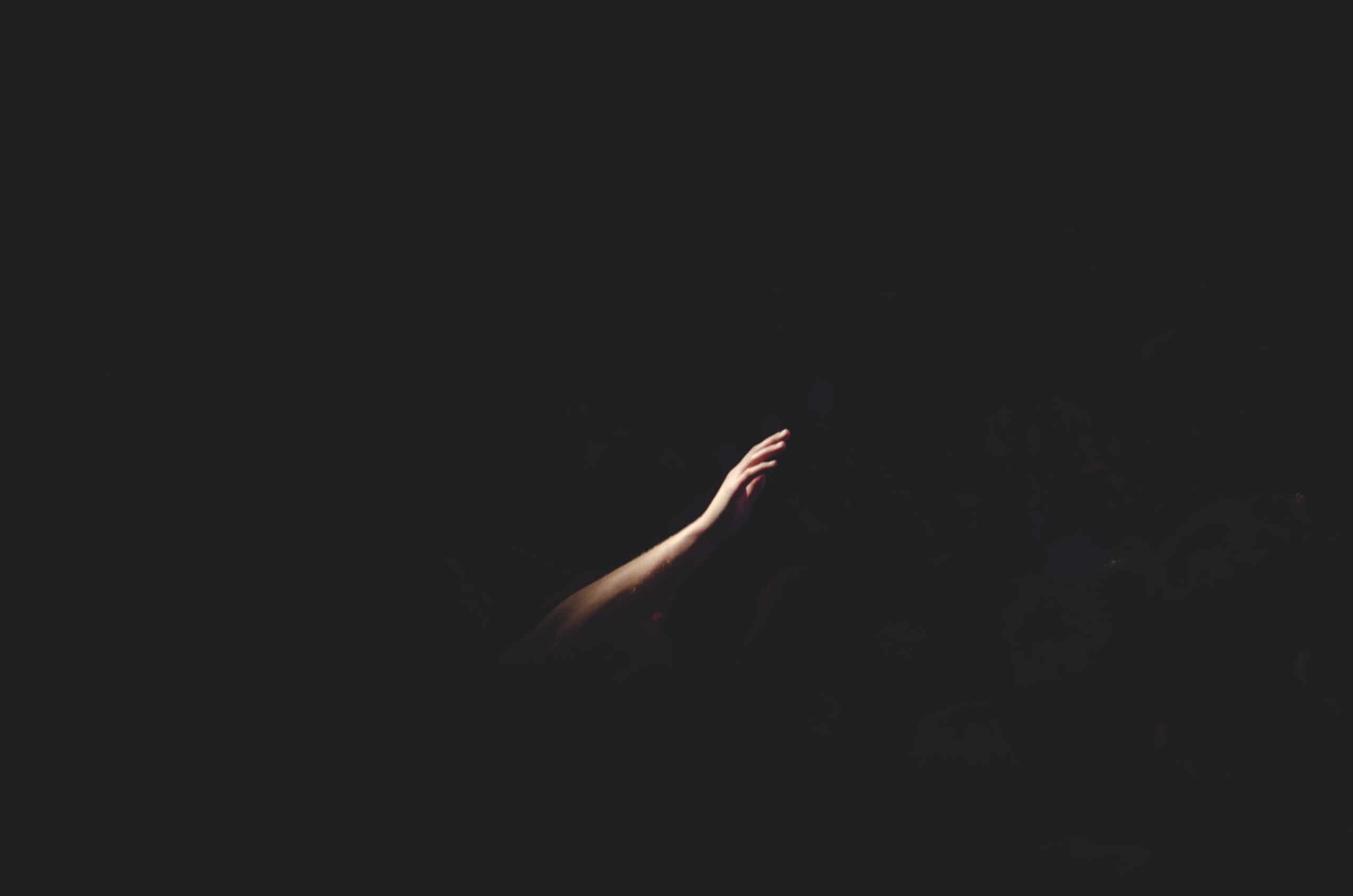 Louise Stone is an Australian GP with clinical, research, teaching, and policy expertise in mental health. She is on Twitter: @GPSwampWarrior
Louise Stone is an Australian GP with clinical, research, teaching, and policy expertise in mental health. She is on Twitter: @GPSwampWarrior
She is young to have so many layers to her suffering. I know about the fragile life she leads on the edge of homelessness. I can see the poverty ground into her skin and fell the wariness she has acquired through her short life of abandonment.
Together, we leave our usual talk of sex and substances behind while she struggles to articulate what the memories do in the night-time, and how they leave her breathless and helpless on her own in the dark. The stories curdle in the room and leave a taint of cruelty and loss.
I listen.
We connect through the jangling dissonance of her words as they come in ragged clusters with long silences, and I wait for them to settle in the space between us. Her narrative drifts in clumps around us, and in the silences I gently try to bring a little coherence so she can feel understood.
I am a witness to atrocities.
The silence stretches between us as she waits for another blow that doesn’t come.
Somewhere, another part of my mind rummages through my ragbag of frameworks and metaphors, painfully acquired through decades of reading and workshops and biographies and patient after patient after patient. I borrow a theory from here and a framework from there, and together we try to build a little meaning from her cascade of trauma.
I sift the story to find a scientific hook, but I know this patient has no evidence of her own in the lexicon of science. I can borrow someone else’s evidence, taking some white guy’s RCT and manipulating the evidence to match her need, but I know he had first episode depression, served with reasonable literacy and a lack of comorbidity so of course it won’t fit. I know CBT will slide off her trauma like an oversized overcoat.
Somehow, she finds a little comfort, a little lightening. I take my old prescription pad and scribble a script for safe and secure housing, a square meal, and a sense of purpose and meaning, but I know the chemist ran out of these long ago and there is a national shortage of government-funded compassion.
‘I hear you’ I say ‘I believe you. We will face this horror together’. And she gathers her defences around her and stumbles out in the night.
I look at my appointment book, which is full of open wounds.
I take a breath and place the vicarious trauma in a neat stack on my desk, to be dealt with later, and I head out to the waiting room.
‘Thank you for waiting’ I say, and another layer of shame and despair drifts into my room to settle gently on the floor.
Featured photo by Cherry Laithang on Unsplash







Just read your short article, while isolating with Covid-19. Wonderful, emotional – I like the description of the scientific hook and re-inforces how there is a tendency to try to restrict and fit the patient story with the science we know. I fear the layer of shame and despair sometimes stays on the doctor’s lap and doesn’t always reach the floor.